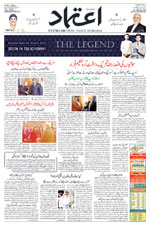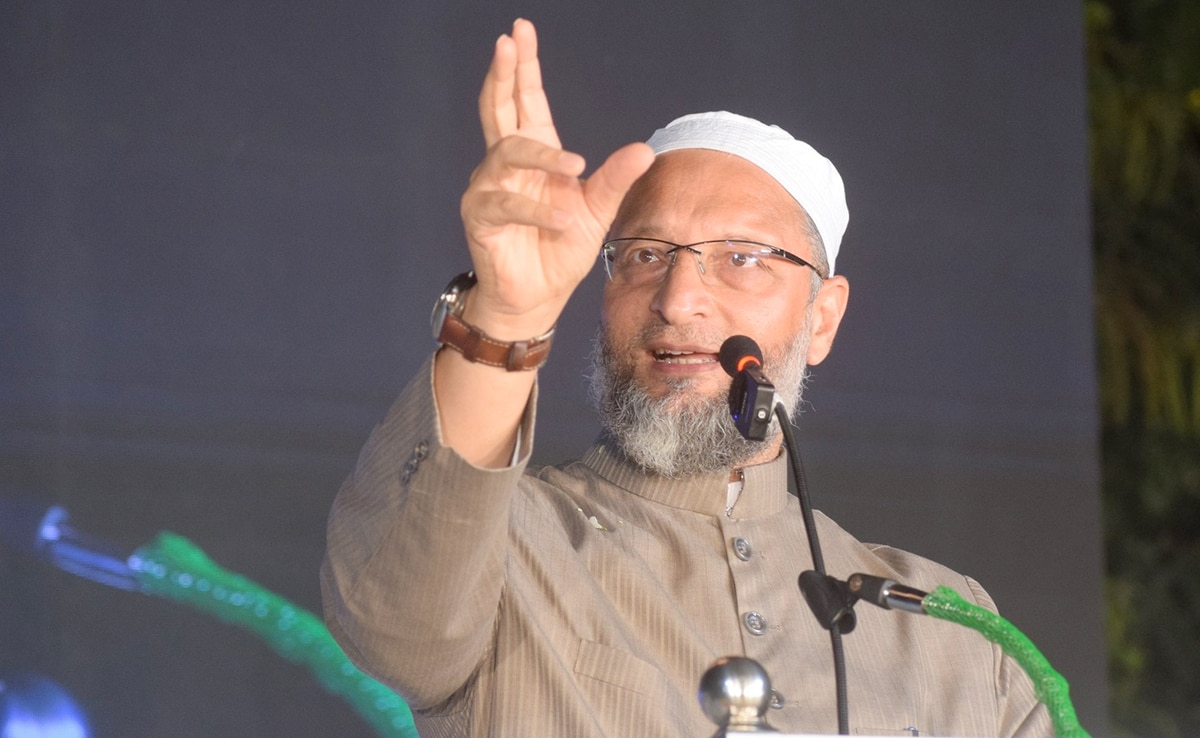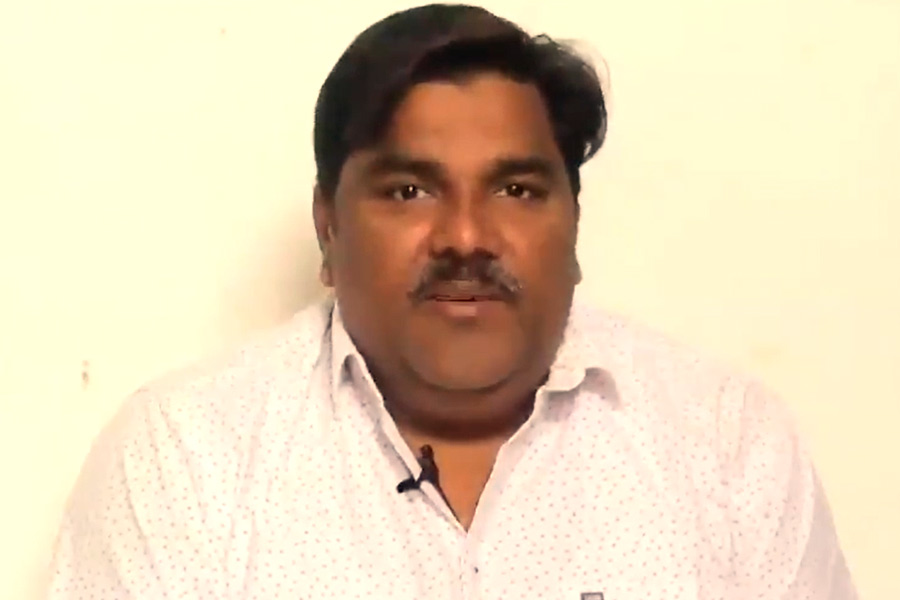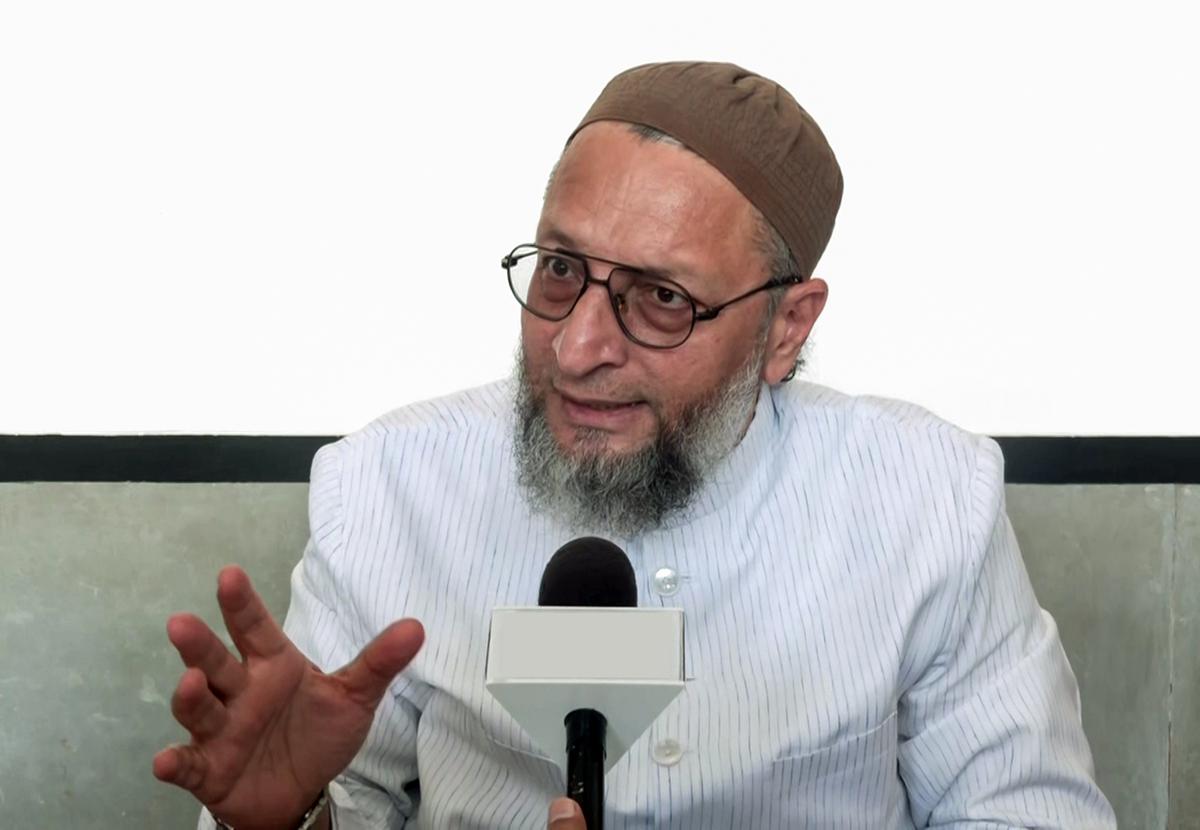States told to act on hate speeches
Sat 29 Apr 2023, 10:46:27
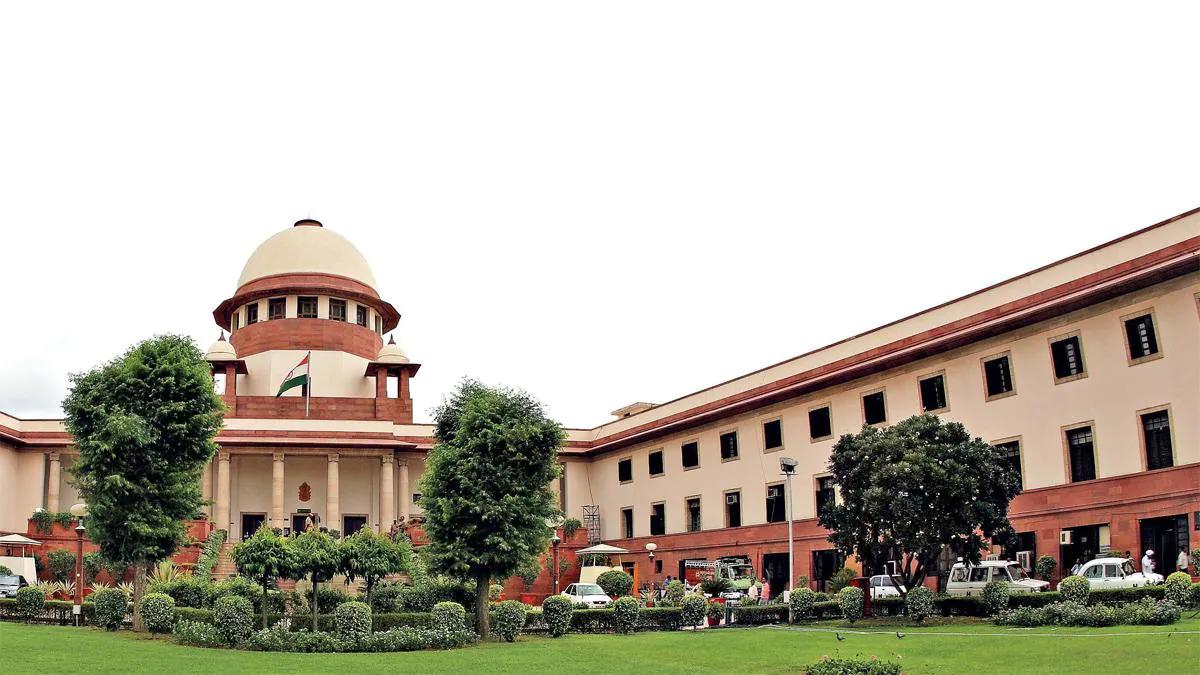
New Delhi: The Supreme Court on Friday directed all states and union territories(UTs) to register cases against those making hate speeches even without any complaint, terming these speeches as a "serious offence" capable of affecting the secular fabric of the country.
Extending the scope of its 2022 order beyond three states--Uttar Pradesh, Delhi and Uttarakhand, a bench of Justices KM Joseph and BV Nagarathna also made it clear to authorities that any hesitation to act will be viewed as contempt of the top court and appropriate action will be taken against the erring officers.
"Respondent Nos...(all states and UTs) shall ensure that immediately as and when any speech or any action takes place which attracts offences such as Sections 153A, 153B and 295A and 505 of the IPC etc., suo motu action will be taken to register cases even if no complaint is forthcoming and proceed against the offenders in accordance with law," it directed.
The bench ordered that the Director General of Police of all the states and UTs issue direction(s) to their subordinates so that appropriate action in law will be taken at the earliest.
"We make it clear that any hesitation to act in accordance with this direction will be viewed as contempt of this Court and appropriate action will be taken against the erring officers. We further make it clear that such action will be taken irrespective of the religion that the maker of the speech or the person who commit such act belongs to, so that the secular character of Bharat as is envisaged by the Preamble, is preserved and protected."
The top court's order came on a plea filed by journalist Shaheen Abdullah, who had initially sought direction against the Delhi, Uttar Pradesh and Uttarakhand governments to register cases against those delivering hate speeches.
Abdullah, represented through advocate Nizam Pasha, on Friday filed a fresh application seeking implementation of the apex court's October 21, 2022 order across states and union territories and appointment of nodal officers in every state, who will recommend action against those making hate speeches.
Senior advocate Sanjay Parikh, appearing for the Maharashtra chapter of NGO PUCL, said that despite the apex court's order incidents after incidents are happening across the state and the police is not taking action against those giving hate speeches in public functions, which are being attended by Members of Parliament and MLAs.
The bench said that it is precisely what the court has said on the very first day of the hearing of the matter that the Supreme Court cannot go into every incident.
"We have laid down a broad framework and now it is up to the authorities to act upon it. We cannot monitor each and every incident," Justice Nagarathna said.
Solicitor General Tushar Mehta, appearing for the Centre, said no government whether it is the Union of India or any state government can justify hate speeches and that this court has passed certain orders and judgements in the matter that such speeches are capable of affecting the social fabric of the country.
"However, this court cannot go on entertaining intervention applications after applications and substitute the powers of magistrate to entertain such complaints or for that matter procedure laid down under Code of Criminal Procedure," he said.
The bench said that it is undisputed that hate speeches are not like any other offence but it is capable to affect the very social fabric of the nation and affects the dignity of the individual.
"This is something which goes to the heart of our republic and dignity of the people."
When two
separate counsels appearing for different parties tried to seek the attention of the court to frequent hate speeches made in West Bengal and Bihar, the bench said it wants to clarify one thing that "the judges are apolitical and not concerned with Party A or Party B and the only thing they have in mind is the Constitution of India."
separate counsels appearing for different parties tried to seek the attention of the court to frequent hate speeches made in West Bengal and Bihar, the bench said it wants to clarify one thing that "the judges are apolitical and not concerned with Party A or Party B and the only thing they have in mind is the Constitution of India."
"Our allegiance is to the oath we have taken. Don't bring politics into these proceedings, our order had said action be taken irrespective of any religion," the bench said.
Justice Joseph urged the counsels to not bring any political aspects into the present proceedings, and said the court has never asked to take action against any one particular community, adding if politics is brought into the matter "we will be out of it".
Mehta said, "Yes, yes, no one should have a doubt that the court is apolitical. We uphold the court in highest regard".
The bench said the court has been entertaining petitions against hate speeches in different parts of the country for "larger public good" and to ensure establishment of "rule of law".
"We don't have specific people in our mind. What we have in our mind is larger public good and are trying to ensure establishment of rule of law, so that things don't go out of our hand," it said.
The bench told Additional Solicitor General SV Raju, appearing for Maharashtra government, that it should not take the court's order lightly and take action against those delivering hate speeches.
Raju said that out of 24 incidents pointed out by the petitioners, the state has registered cases in 16 of them while in eight there was a closure report.
"We have acted even on the incidents, which have come to our notice but were not mentioned by the petitioner," Raju submitted to which the bench remarked, "This is precisely what we asked you to do. You had not taken action and that is why the court had to pass the order. It's good that you are taking action."
During the hearing, the bench observed that in the North-East there are very few incidents of hate speeches.
On the preventive steps, the bench observed that such measures like detention are not adequately explored in the context of hate speeches.
Senior advocate Kaleeswaram Raj, appearing for one of the intervenors, said if preventive detention is explored, then it will more draconian and could be misused.
The bench posted the matter for further hearing on May 12.
On March 29, the top court had pointed out that it is hearing the contempt petition for non-compliance of its orders saying, "We are hearing the contempt petition because states are not taking action in time. This is because the state has become impotent, powerless and does not act in time. Why should we have a state at all if it is silent?"
It had taken serious exception to hate speeches, saying these will end the moment politics and religion are separated and politicians stop using religion in politics.
Terming hate speeches a "vicious circle", the top court had said these utterings are being made by fringe elements and people should restrain themselves from doing so.
On October 21, last year, the top court had directed Uttar Pradesh, Delhi and Uttarakhand to crack down hard on those making hate speeches, calling them shocking for a country that is religion-neutral.
Holding that the Constitution of India envisages a secular nation, the court had directed the three states to promptly register criminal cases against the offenders without waiting for a complaint to be filed.
No Comments For This Post, Be first to write a Comment.
Most viewed from National
Most viewed from World
AIMIM News
Asaduddin Owaisi questions PM Modi's China policy
Jan 08, 2025
Owaisi slams UP over police post near Sambhal mosque
Dec 31, 2024
Latest Urdu News
Most Viewed
May 26, 2020
Which political party will win the Delhi Assembly polls to be held on Feb 5?
Latest Videos View All
Like Us
Home
About Us
Advertise With Us
All Polls
Epaper Archives
Privacy Policy
Contact Us
Download Etemaad App
© 2025 Etemaad Daily News, All Rights Reserved.



.jpg)
.jpg)
.jpg)
.jpg)
.jpg)
.jpg)
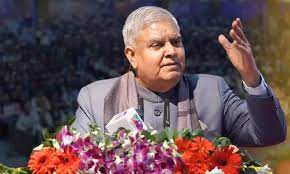
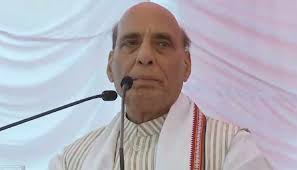
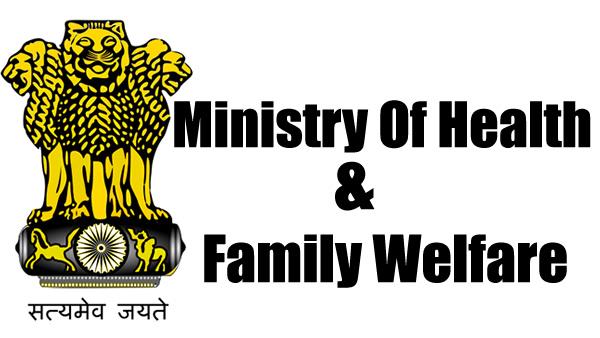
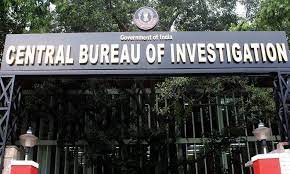

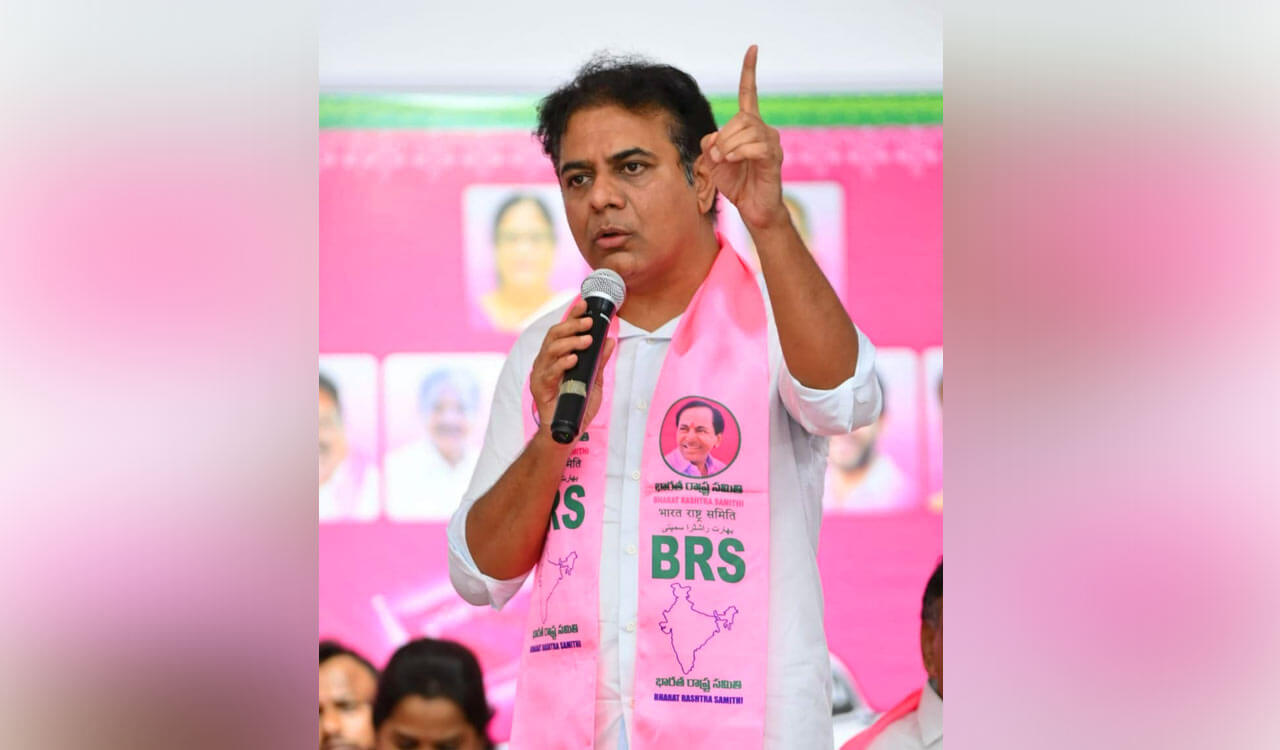
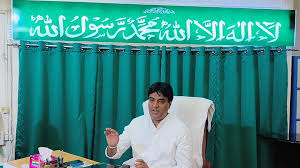

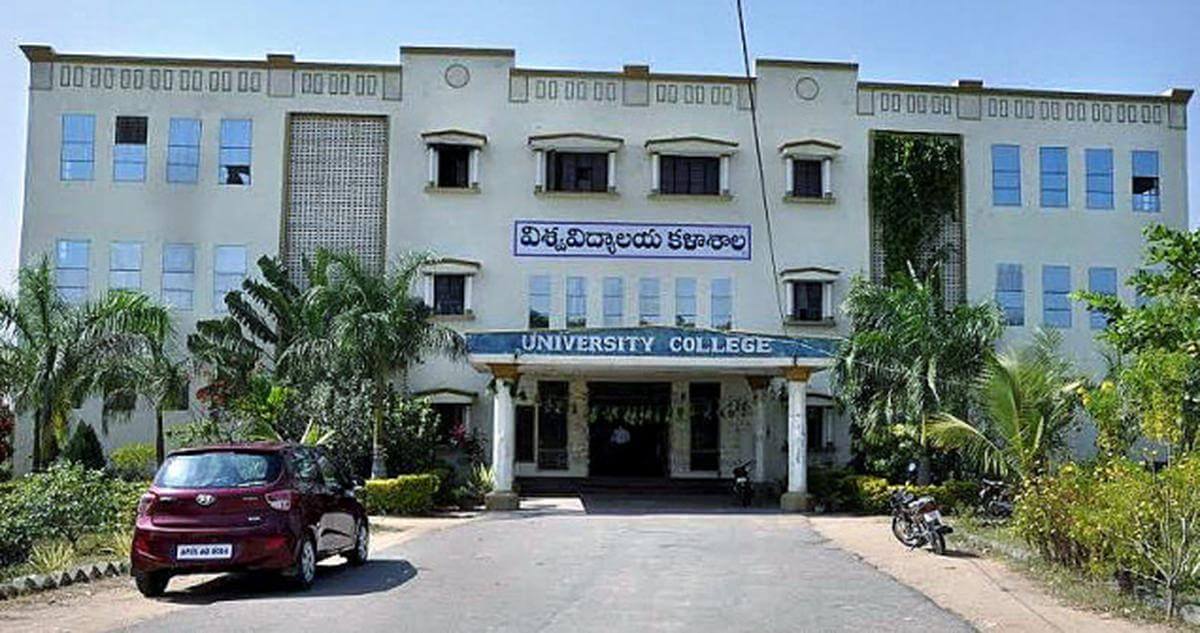
.jpg)
.jpg)
.jpg)
.jpg)
.jpg)
.jpg)
.jpg)

